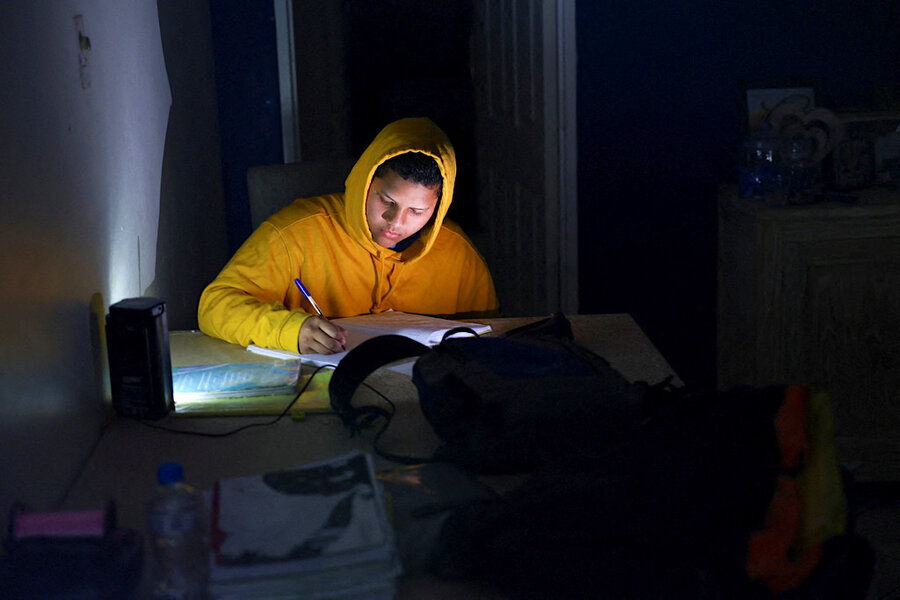A new climate of trust-building
The world’s top industrial nations put the finishing touches on a $15.5 billion deal last week to help Vietnam shift toward a greener energy future. The agreement follows similar plans already reached with two other coal-dependent nations, South Africa and Indonesia.
These “Just Energy Transition Partnerships” harness public and private funding to achieve a shared benefit, in this case reduced greenhouse gas emissions. What they reflect, however, may be even more important than what they do. In a period of persistent distrust within and among nations, they help show how humanity is forging new bonds of cooperation amid common threats.
“The present period of polycrisis has provided multiple tests for the concept of global trust,” the Edelman Trust Institute observed in a year-end collection of short essays on restoring trust. “History suggests that some of the most important steps forward in global cooperation came even at moments when trust was difficult to come by, and that these joint actions helped rebuild trust.”
The energy partnerships, said United Nations Secretary-General António Guterres in comments last week about the Vietnam agreement, mark an “all hands on deck” partnership between rich and developing nations “to realize an energy transition that is global, sustainable, just, inclusive, and equitable.”
The war in Ukraine offers another measure of unity emerging from crisis. Russian President Vladimir Putin “wanted to split the European Union, it became united,” former Finnish Prime Minister Alexander Stubb told the European news website Euractiv. “He wanted to destroy NATO. It’s back with a new purpose.”
The Edelman essays on restoring trust illustrate how societies are repairing trust in response to overlapping challenges like polarization, inflation, the pandemic, climate change, and hunger. In developing nations, governments and technology companies have sought to overcome trust deficits by expanding digital access to public services like health care and financial services like banking. That has helped them democratize economic opportunity and reduce economic vulnerability, write Nandan Nilekani, co-founder of Infosys, and Tanuj Bhojwani, co-author of “The Art of Bitfulness."
Manu Meel offers a view of a new generation’s response to polarization. A member of Generation Z, he founded BridgeUSA, an organization that promotes dialogue on college campuses across the United States. He hopes to restore faith in democracy among a generation shaped by repeated crises stretching from 9/11 to Jan. 6. That involves “cultivating a certain temperament that exists above ideology: a temperament that values open-mindedness over closed-mindedness; empathy over exclusion; building spaces that bring people in as opposed to building spaces that keep people out.”
“We are living in what should be a golden age of cross-border learning,” writes Parag Khanna, founder of Climate Alpha, a real estate analytics firm. “Both West and East have much to share in ... the essential task of rebuilding trust in government worldwide.” Faced with extremity, humanity is uniting in opportunity.






